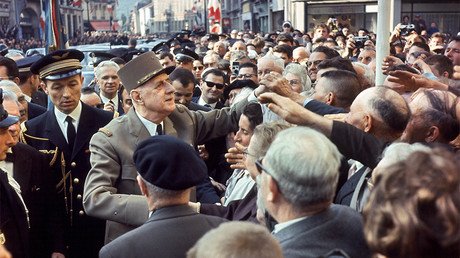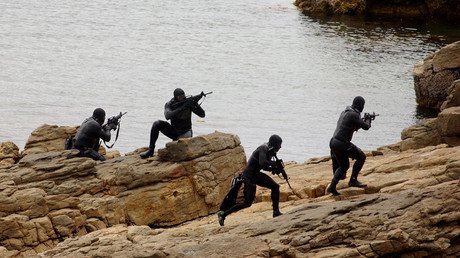When Europe was Great: 5 historical figures who could have stood up to Trump
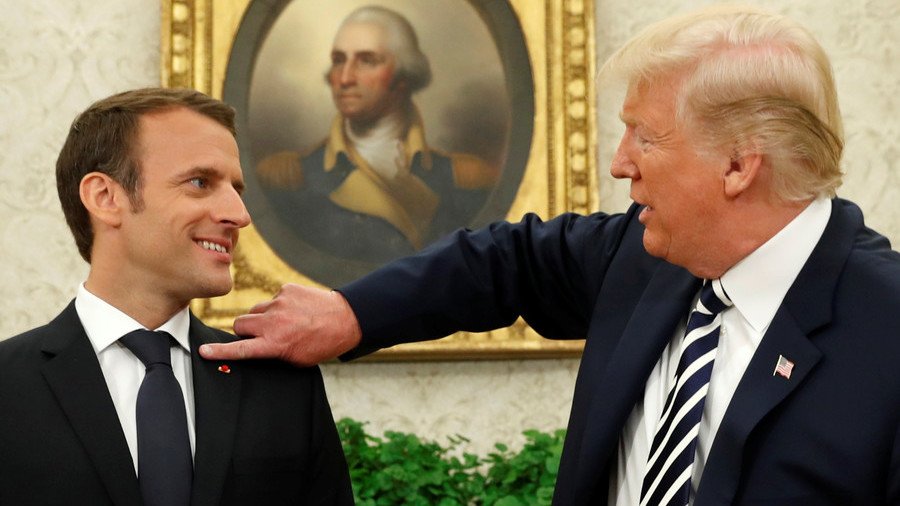
Donald Trump’s unilateral pullout from the Iran deal has set the US on a collision course with Europe. With its economy vulnerable and leaders beleaguered, could the EU perhaps learn from those who stood up to America in the past?
Charles de Gaulle, President of France
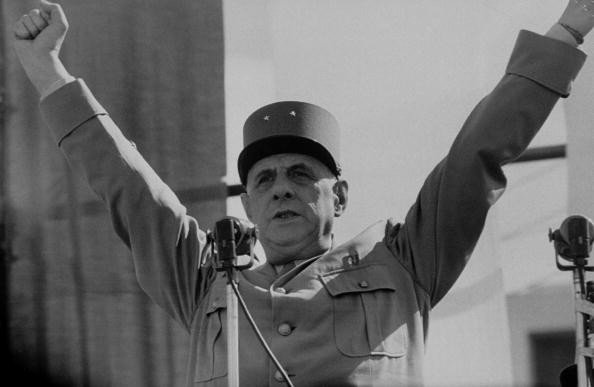
“You may be sure that the Americans will commit all the stupidities they can think of, plus some that are beyond imagination.”
Picking just one quote of the French Resistance hero-turned-statesman mocking the US is difficult, but this one, uttered during a speech in Phnom Penh in 1966, acquired particular resonance while Europe-wide condemnation of the conflict in Vietnam grew.
De Gaulle wasn’t just about showy rhetoric, he genuinely believed that France was a great power, capable of driving its own foreign policy in the world, even as it shed its colonies. In what was occasionally derided as “politics of grandeur,” De Gaulle drove his country to become a nuclear power and withdrew from NATO command to retain military autonomy.
French leaders of all political stripes from Mitterand to Sarkozy to Macron have imitated De Gaulle’s strong-willed stance, but the current French president's failure to persuade Trump to even delay his decision – for all the shared smiles and strikes on Syria – shows France's stature is diminishing.
Alexis de Tocqueville, French diplomat
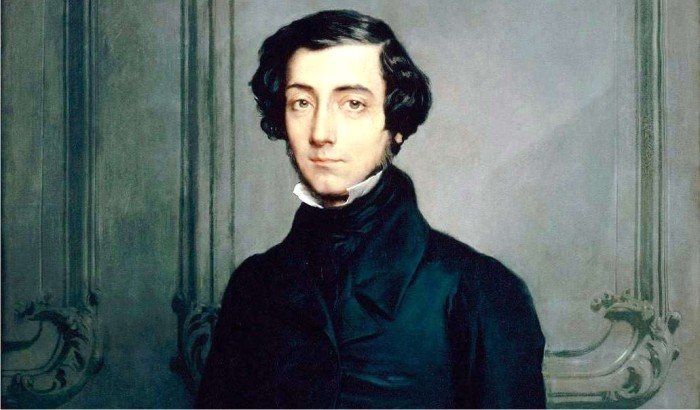
“I do not know if the people of the United States would vote for superior men if they ran for office, but there can be no doubt that such men do not run.”
The one-time French foreign minister’s treatise ‘Democracy in America’ wasn’t just a breakthrough in sociology – some argue it defined how Americans saw themselves, and their political system.
Although de Tocqueville found much to admire during his extensive travels across the United States, he could also be withering, as when he discussed blacks and Indians as “inferior citizens” in a supposed democracy, who he predicted would never fully integrate. His description of a democracy atrophied by an electorate living lives that “restlessly revolve around themselves, and circling for petty pleasures” and “indifferent to the destiny of others” is a prescient vision of late-stage liberal society.
What would de Tocqueville make of the current White House, or the growing partisanship of America’s political system and populace, and would the public listen? His insight is sorely missing in an era where even supposed public intellectuals rarely rise above gut-level reactions or repetitions of competing dogmas.
Vladimir Lenin, Leader of the Soviet Union
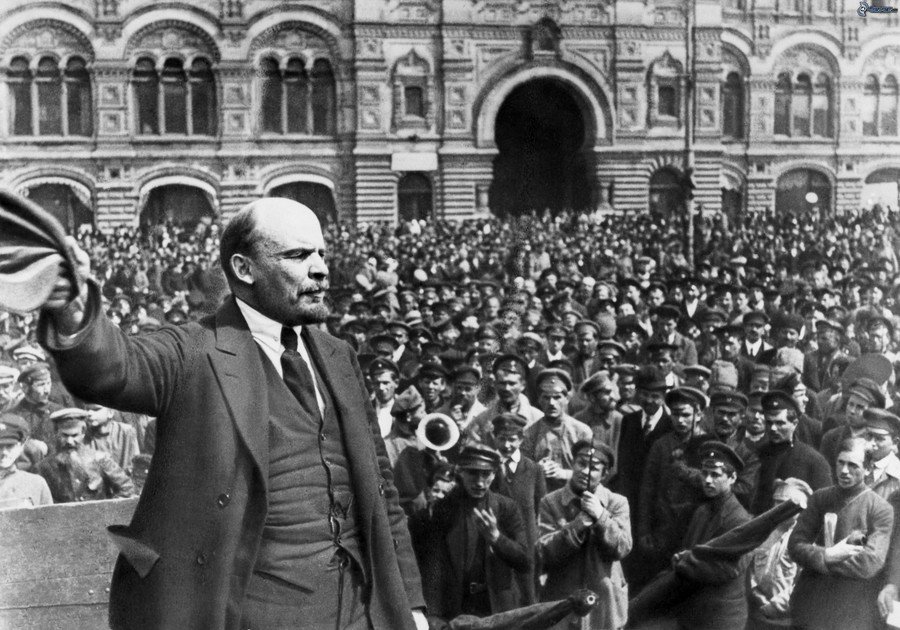
“The American people, who set the world an example in waging a revolutionary war against feudal slavery, now find themselves in the latest, capitalist stage of wage-slavery to a handful of multimillionaires, and find themselves playing the role of hired thugs for the benefit of wealthy scoundrels.”
Lenin may not be the most obvious guru to look up to for the West. But it’s hard to argue against the architect of the Soviet Union who created the first viable 20th century alternative to a capitalist state, and, as the events of the next 70 years proved, its only true international rival.
READ MORE: Why and how Russia still preserves Lenin in its heart
Russia’s present leader, Vladimir Putin, has attempted to re-establish Russia as a self-reliant pillar in a multi-polar world. But he’s well aware that constraints of the economy and globalization mean that while Moscow can play spoiler to American intentions, it lacks the ability to impose its own, which the Soviet leaders once enjoyed.
Olof Palme, Sweden’s Prime Minister
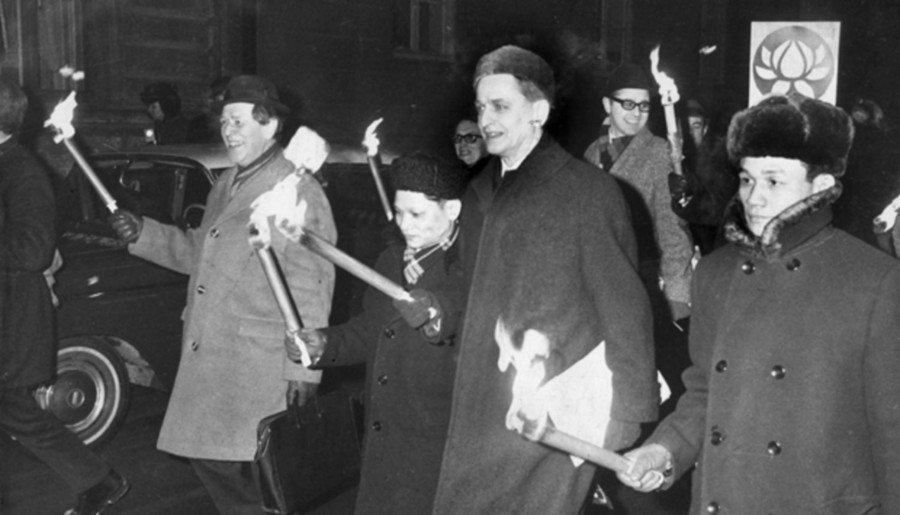
“Many atrocities have been perpetrated in recent history. They are often associated with a name: Guernica, Oradour, Babi Yar, Katyn, Lidice, Sharpeville, Treblinka. Violence triumphed. But posterity has condemned the perpetrators. Now a new name will be added to the list: Hanoi, Christmas 1972.”
These words from Sweden’s center-left leader, which came after American B-52s dropped 20,000 tons of explosives on the Vietnamese, were called a “gross insult” by Washington. The US withdrew its ambassador for a year and refused to accept Stockholm’s nominee for a mirror role.
Despite living on the faultline of the Cold War, Palme never shirked from pegging back US foreign policy, becoming its most high-profile and consistent Western critic from the 1960s until his assassination in 1986.
Palme said that he became a socialist as a result of witnessing radical inequality during his time as a student in America, and he proselytized the "Swedish model" of high-taxes and their generous welfare as an alternative to US neoliberalism for Europe and America, where his vision still gets cited as an example (most notably by Bernie Sanders in the last US election).
Ironically, another one of Palme’s legacies – Sweden’s open-door immigration policy - has left the country too busy with domestic issues to set an example for others or grapple with America.
George III, King of England
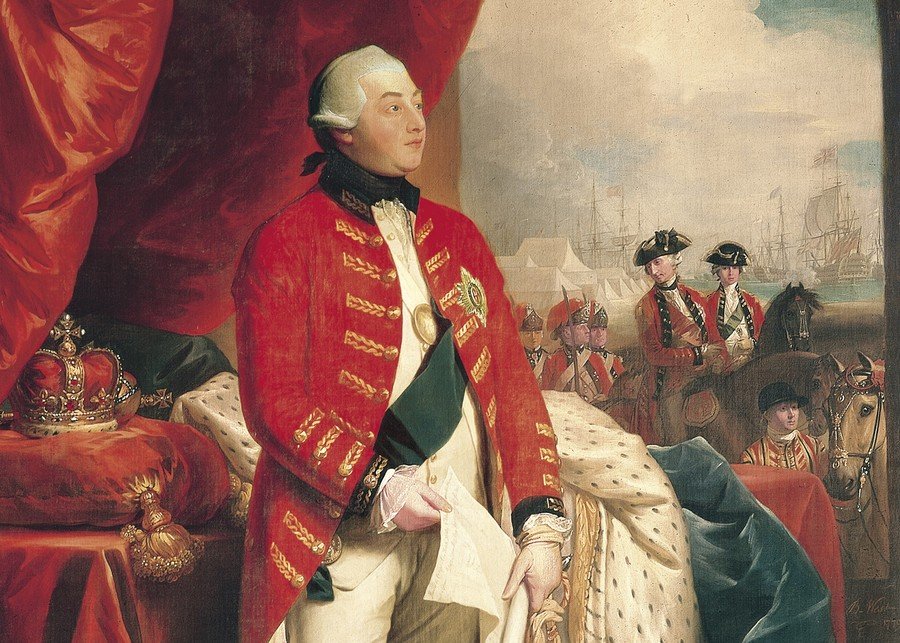
“I hope that my people in America would have discerned the traitorous views of their leaders, and have been convinced, that to be a subject of Great Britain, with all its consequences, is to be the freest member of any civil society in the known world.”
Ok, maybe this is a bad example.
But one can still learn a lesson from it. Few would disagree that the US won its independence with a battle of ideas as much as with the cannons of the rebellious colonists. The fundamental economic factors had aligned for a push for independence, and the Founding Fathers skillfully marshaled the growing sentiment.
Similarly, for Europe to dissuade Donald Trump now, it needs fewer prissy and self-righteous speeches like this one from George III, but a greater effectiveness of its economies, political structure and leadership. And whether Europe will ever be able to regain the stature to stand up to America, Iran, or indeed China or India, to dictate the terms of both peace and conflict, is a question that hangs over the continent.
Igor Ogorodnev, RT
